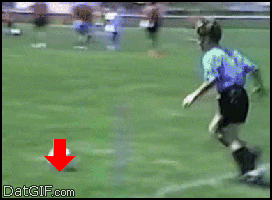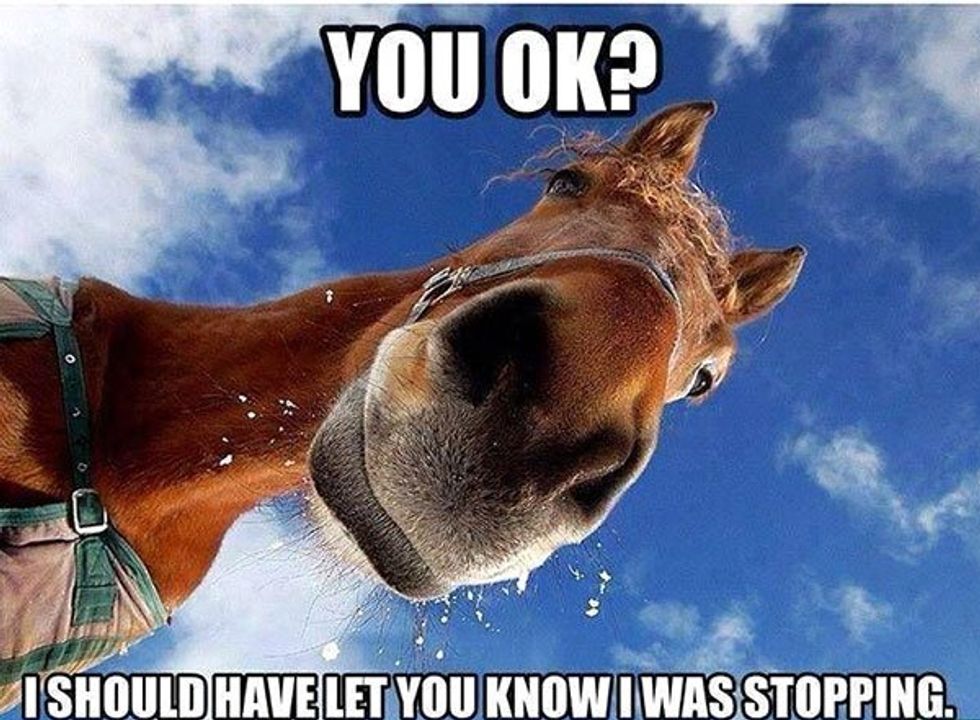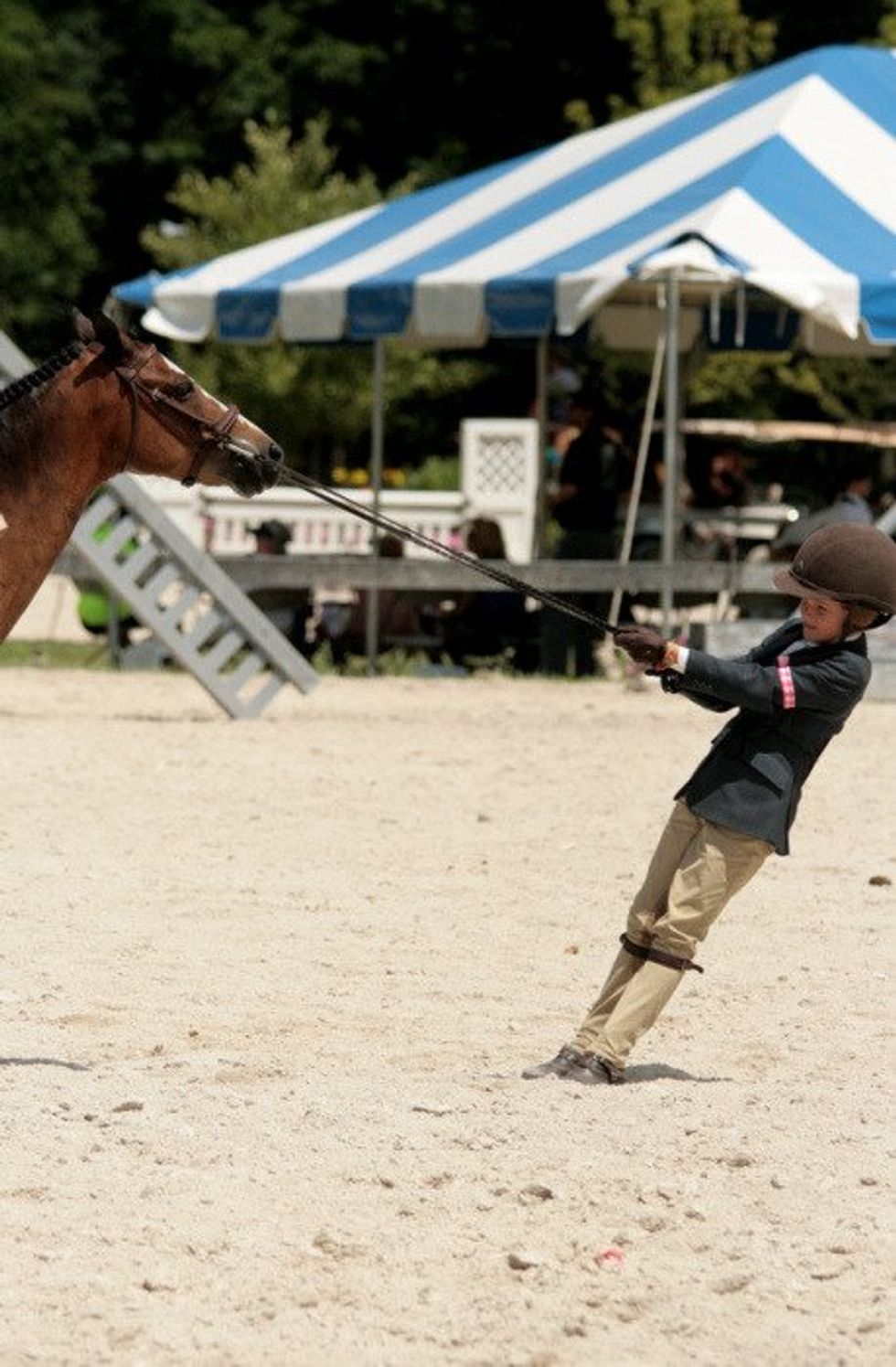Someone recently asked me what I have learned from baton twirling. And the answer is that I have learned so much, I believe that twirling baton has shaped who I am as a person. This probably holds true for athletes of any sports.
When you pick up a sport at a young age and continue doing it through your teen years, the sport itself and the teammates who do it with you are bound to have an impact on you. Here are a few things that I have learned from years of baton twirling.
1. Time management
When you are spending the amount of time equivalent of a part-time job at practice, you will need to learn how to schedule out your life in order to get everything done. Student-athletes are usually juggling classes and work on top of their sport so allocating time is a crucial skill they acquire that will translate to the real world once they get there.
2. Dedication
When you find something you are good at and passionate about, you will want to give all you have into it. I started twirling at the age of four and am still going strong 17 years later. Even though I love the sport, doesn't mean I love practicing every day. But even on those days when I am really just not feeling it, I know I still need to show up to practice and do what I am supposed to do because of my commitment to the sport and my teammates.
3. Commitment
Similar to the dedication, you really learn commitment when there is something you really want to do, like go on vacation or see a movie with friends, but you can't because you have practice or competition you have to be at. It seems like there isn't a day you aren't in the gym and others may not understand the amount of time you pour into baton but you know what you have to do.
4. Fake it till you make it
The advice I received when I was very young was "the judge doesn't know your routine, if you forget what you're doing, just make it up." Which is true, during a solo at least. No one knows what you were supposed to do and it doesn't matter if you change your routine if you totally brain fart. But the judge will notice if you start to lose your confidence and have a look of panic on your face. This applies to life too, don't let the others know you're lost, just wow them when you end up succeeding.
5. If at first you don't succeed...
Do it till you get it right. In twirling, you need to do tricks hundreds of times before you start to catch them consistently and with good technique. But that shouldn't be discouraging, repetition is the key to establishing good habits.
6. A smile goes a long way
When it comes to artistic sports, you get evaluated on your performance which includes having a smile on your face or "facials". Smiling even when you're having a bad routine or even injured yourself while on the floor can not only help your score but maybe improve your outlook once you're done. Just a simple smile can make a positive impact on someone's attitude.
7. You are who you are when no one is watching
This tidbit comes directly from my baton coach. It doesn't matter if a coach or captain is watching you at any given minute, you should be giving 100% all the time. Your motivations should be coming from someone pressuring you to do better, your motivation should stem from your own desire to do better.
























 teenhorseforum
teenhorseforum














